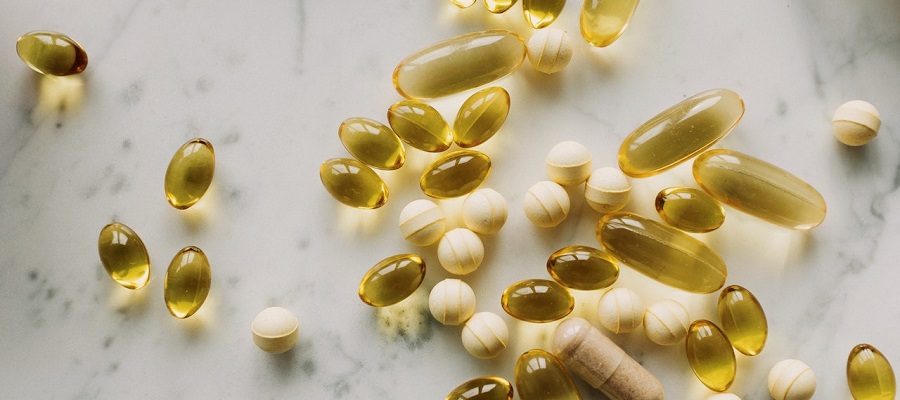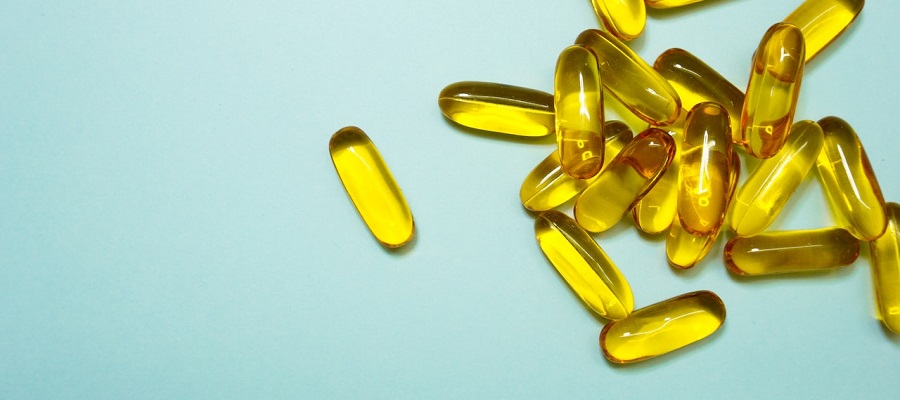L-Cysteine is an amino acid that is naturally found in the human body and is also present in certain foods. It is involved in a number of important physiological processes, including the synthesis of proteins, the production of hormones and enzymes, and the detoxification of harmful substances. L-Cysteine is also a precursor to the antioxidant glutathione, which plays a crucial role in maintaining the health of cells and protecting against oxidative stress.
L-Cysteine is sometimes used as a dietary supplement, particularly in the form of N-acetyl-L-cysteine (NAC), which is thought to have a number of potential health benefits. These include reducing the severity of certain respiratory conditions, such as bronchitis and asthma, and reducing the risk of liver damage in people with certain liver diseases. L-Cysteine is also sometimes used as a food additive to improve the texture and taste of certain products, such as breads and bakery items.
What does L-Cysteine do for the body?
L-Cysteine is an important amino acid that plays a number of roles in the body. It is involved in the synthesis of proteins, which are essential for the structure, function, and regulation of the body's tissues and organs. L-Cysteine is also a precursor to the antioxidant glutathione, which helps protect cells against oxidative stress and damage.
In addition to these roles, L-Cysteine has a number of other potential health benefits. For example, it may help to reduce the severity of certain respiratory conditions, such as bronchitis and asthma, by thinning mucus and making it easier to clear from the airways. L-Cysteine may also help to reduce the risk of liver damage in people with certain liver diseases, such as alcoholic liver disease and acetaminophen overdose.
Some studies have also suggested that L-Cysteine may have a protective effect against certain types of cancer, although more research is needed to confirm this. It is also being studied for its potential to improve cognitive function, reduce the risk of cardiovascular disease, and support healthy aging. However, it is important to note that more research is needed to fully understand the potential health benefits of L-Cysteine and to establish safe and effective doses for use as a dietary supplement.
How much L-Cysteine should one supplement daily?
The recommended daily intake of L-Cysteine depends on a number of factors, including a person's age, sex, and level of physical activity. It is also important to consider any underlying health conditions and any medications a person is taking, as these can affect the body's need for L-Cysteine and the potential risks of supplementing with it.
The general recommended daily intake of L-Cysteine for adults is 35-70 mg per kilogram of body weight. This means that an adult weighing 70 kg (154 lbs) would need to consume about 2.45-4.9 grams of L-Cysteine per day. However, it is important to note that these recommendations are not necessarily appropriate for everyone, and it is always best to consult with a healthcare provider before starting any new supplement regimen.
It is also worth noting that L-Cysteine is found naturally in a number of foods, including poultry, eggs, dairy products, and certain types of seafood. As such, it is usually possible to obtain adequate amounts of L-Cysteine from a balanced diet, without the need for supplements.
What are the side effects of L-Cysteine?
L-Cysteine is generally considered to be safe when taken in recommended doses. However, as with any dietary supplement, it is possible for people to experience side effects when taking L-Cysteine. These may include:
- Nausea
- Heartburn
- Stomach upset
- Diarrhea
- Constipation
In rare cases, L-Cysteine supplements may also cause allergic reactions in some people. Symptoms of an allergic reaction can include hives, itching, rash, difficulty breathing, and swelling of the face, lips, tongue, or throat. If you experience any of these symptoms while taking L-Cysteine, you should stop taking the supplement and seek medical attention immediately.
It is also worth noting that L-Cysteine may interact with certain medications, such as blood thinners, insulin, and certain chemotherapy drugs. If you are taking any medications, it is important to consult with a healthcare provider before starting a L-Cysteine supplement to ensure it is safe and appropriate for you.
What foods contain a lot of L-Cysteine?
L-Cysteine is an amino acid that is found naturally in a number of foods, including:
- Poultry, particularly chicken and turkey
- Eggs
- Dairy products, such as milk, cheese, and yogurt
- Seafood, including shellfish, such as shrimp and lobster, and finfish, such as cod, halibut, and tuna
- Legumes, including beans, lentils, and chickpeas
- Nuts and seeds, such as sunflower seeds, pumpkin seeds, and sesame seeds
- Whole grains, such as oats, quinoa, and bulgur
- Certain vegetables, such as broccoli and onions
It is also worth noting that L-Cysteine can be synthesized from other amino acids and is sometimes added to food products as a food additive to improve the texture and taste of certain products, such as breads and bakery items.


